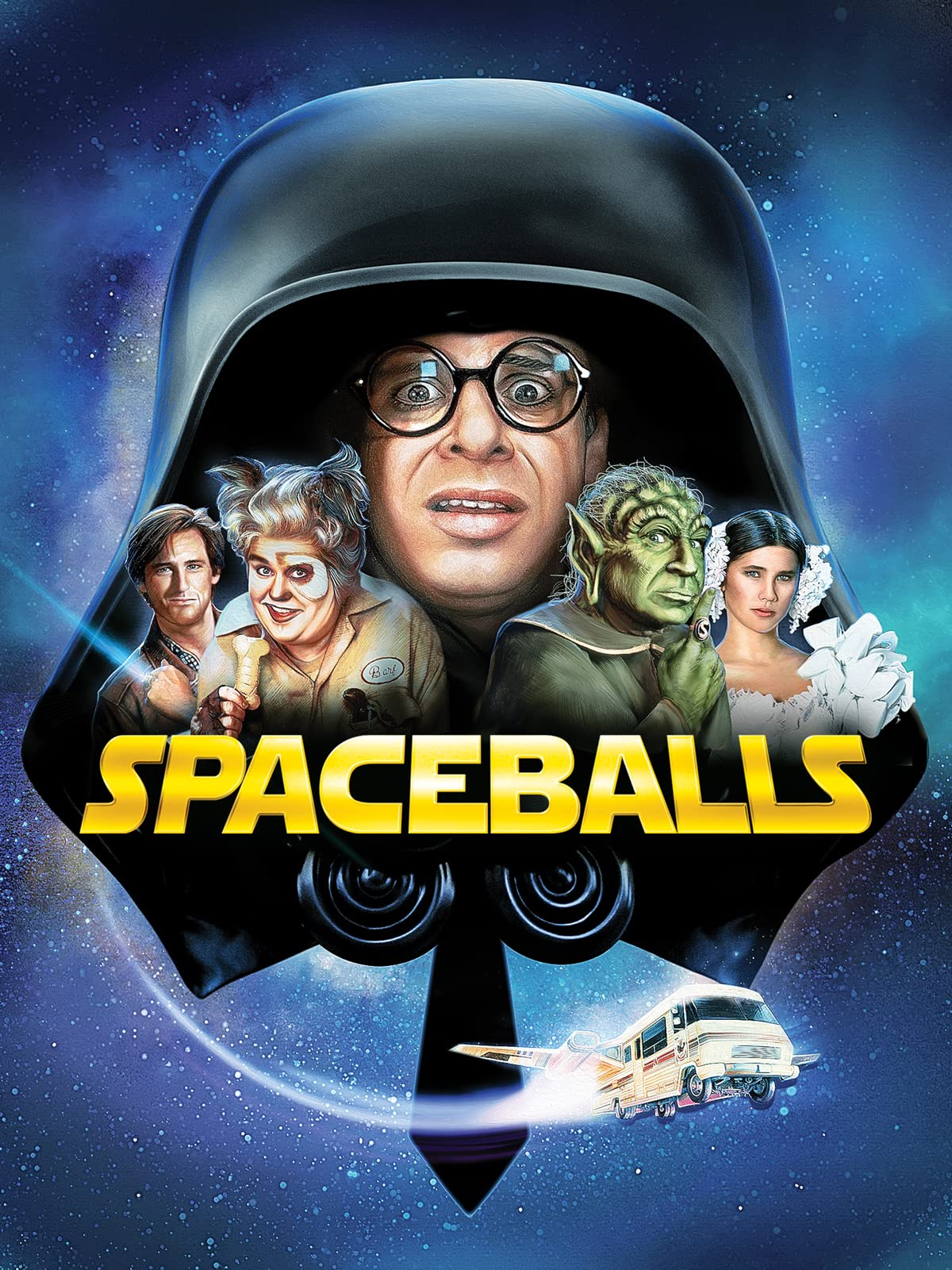Hi again! Before we can start work on our actual story: outlining, scriptwriting, and storyboarding, we must first understand the film's genre better. After studying for a year in AS media studies, it has become second nature to me to take in a film's genre before considering its actual story, since I now understand the monumental influence genre has in determining a film's target audience, marketing campaign, and cinematography.
Starting with the basics...
SATIRE: THE INTELLECTUAL'S PARODY
Satire has been historically defined as a genre that simultaneously criticizes and ridicules human nature, typically relating to politics, through its use of irony and exaggeration. Satirical media often aims to have some sort of underlying message protesting or complaining about a certain behavior or concept, thinly veiled under comedic pretense. While comedy and humor is a large part of satire, the defining characteristic is its commitment to providing social criticism.
In essence, while most satire pieces are funny, they don't necessarily need to be funny. Humor is just a tool the genre uses often to highlight issues in society, since ridicule and mockery is a more palatable way for audiences to consume honest criticism of the world they live in. At the end of the day, satire is defined by its social commentary, not its use of ironic humor.
THE DIFFERENCE BETWEEN SATIRE AND PARODY
A common mistake many people make (including myself, before my research) is the assumption that parody and satire are terms used interchangeably. While both employ humor to make fun of and mock a particular target, it should be noted that each have their important distinctions.
Satire uses humor to expose issues or fallacies in society, aiming to ultimately deliver a message ridiculing its subject. While satire may retain some aspects of its target, like appearance, context, or characters (in a political satire, certain politicians may be referred to within the piece), none of these characteristics are needed to produce an effective work of satire. Take Animal Farm, for example. The novel is meant to be a satire of the Russian Bolshevik Revolution, telling the story of a gang of barnyard animals overthrowing their masters, and eventually are ruled by a dictatorship of pigs. While clear parallels can be drawn between the novel and the revolution, the only immediately recognizable shared feature is the idea of a dictatorship following a revolution- there are no shared characters or appearances.Parodies, on the other hand, use humor as a lighthearted way to both mock and celebrate the target. Parodies, unlike satires, take massive inspiration from their target- mimicking visuals, names, plot, pretty much every aspect of a film you could imagine, from their source material. While satire focuses on irony and wit to expose the flaws of its target, parody largely employs exaggeration and ridicule in order to celebrate the original work. My personal favorite example of parody is the cult classic, Spaceballs. This film is a constant rip on Star Wars, mimicking its plot, characters, aesthetics, down to the most minute costume details. However, while Spaceballs does point out many flaws and tropes in Star Wars, it does this out of love and appreciation for the original work- not to expose and criticize it. There is no deeper message to glean from Spaceballs' antics- it merely seeks to make its audiences laugh.
NOTABLE SATIRE PIECES
I unfortunately don't have much time left to write today, and this blog post is already long enough, but before I end this post I do want to share with you some interesting articles/essays I read regarding notable modern-day satires, since I found them interesting and took a few notes on. If you find the satire genre as interesting as I did, I'm confident you will enjoy reading these, and glean some interesting information out of them.
Saturday Night Live: Successful Satire and Evolving Comedy
Hopefully you found this reading to be stimulating and educational, I found myself appreciating these famous examples of satire all the more after reading these pieces. See you next time!





No comments:
Post a Comment